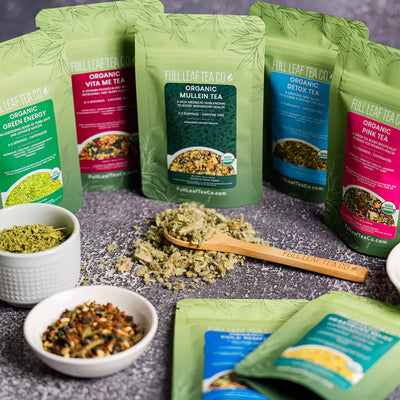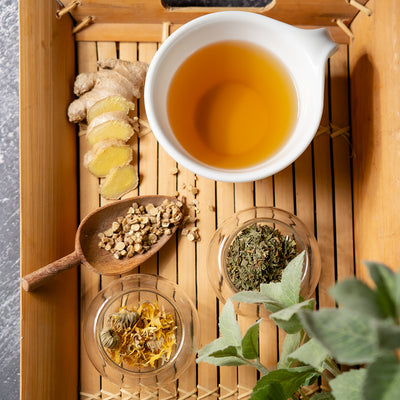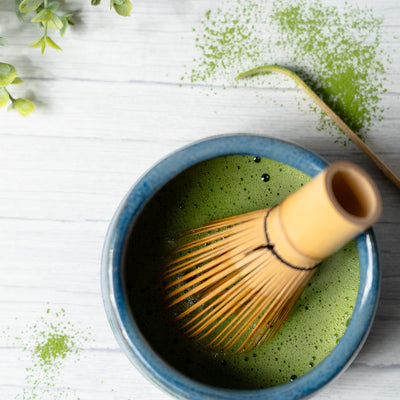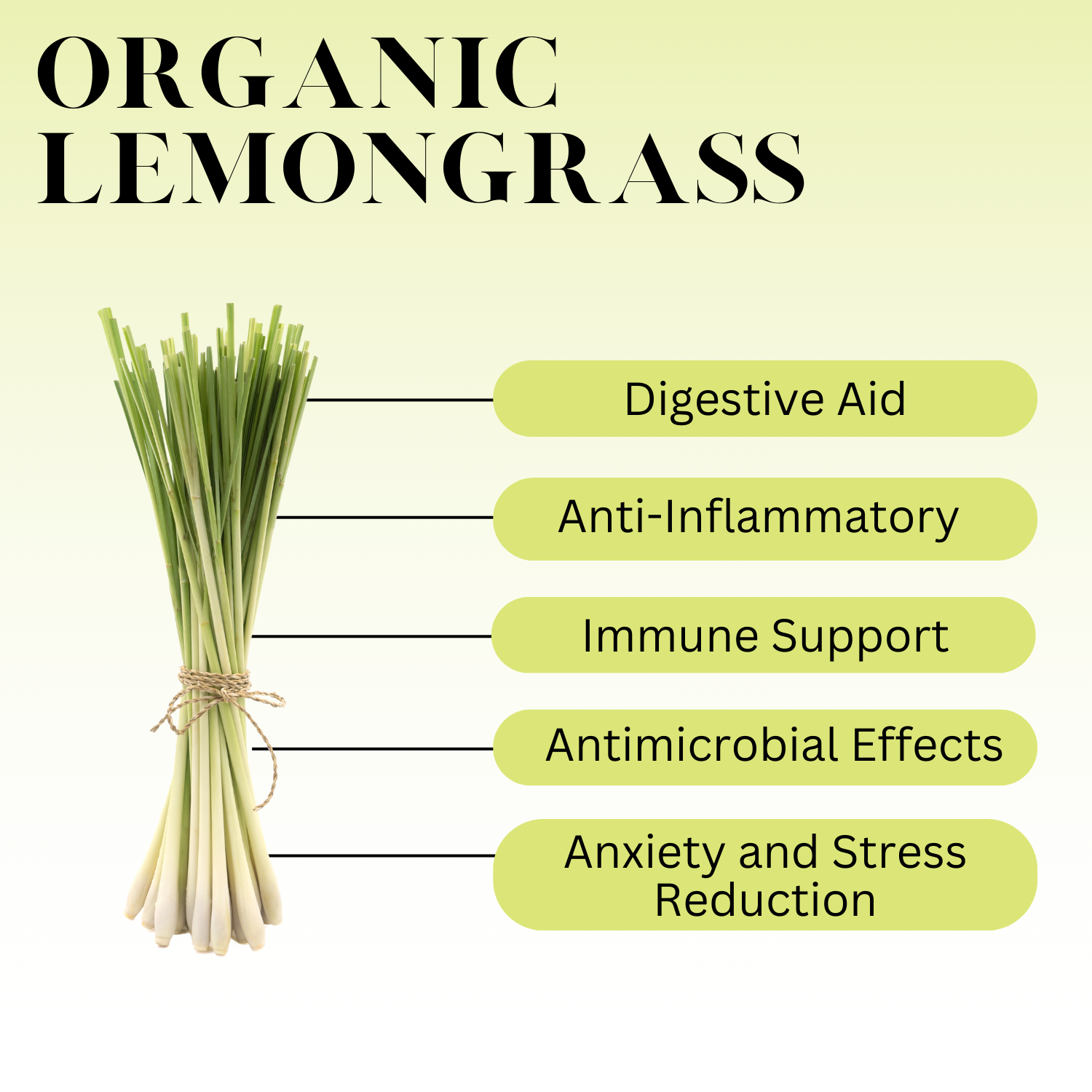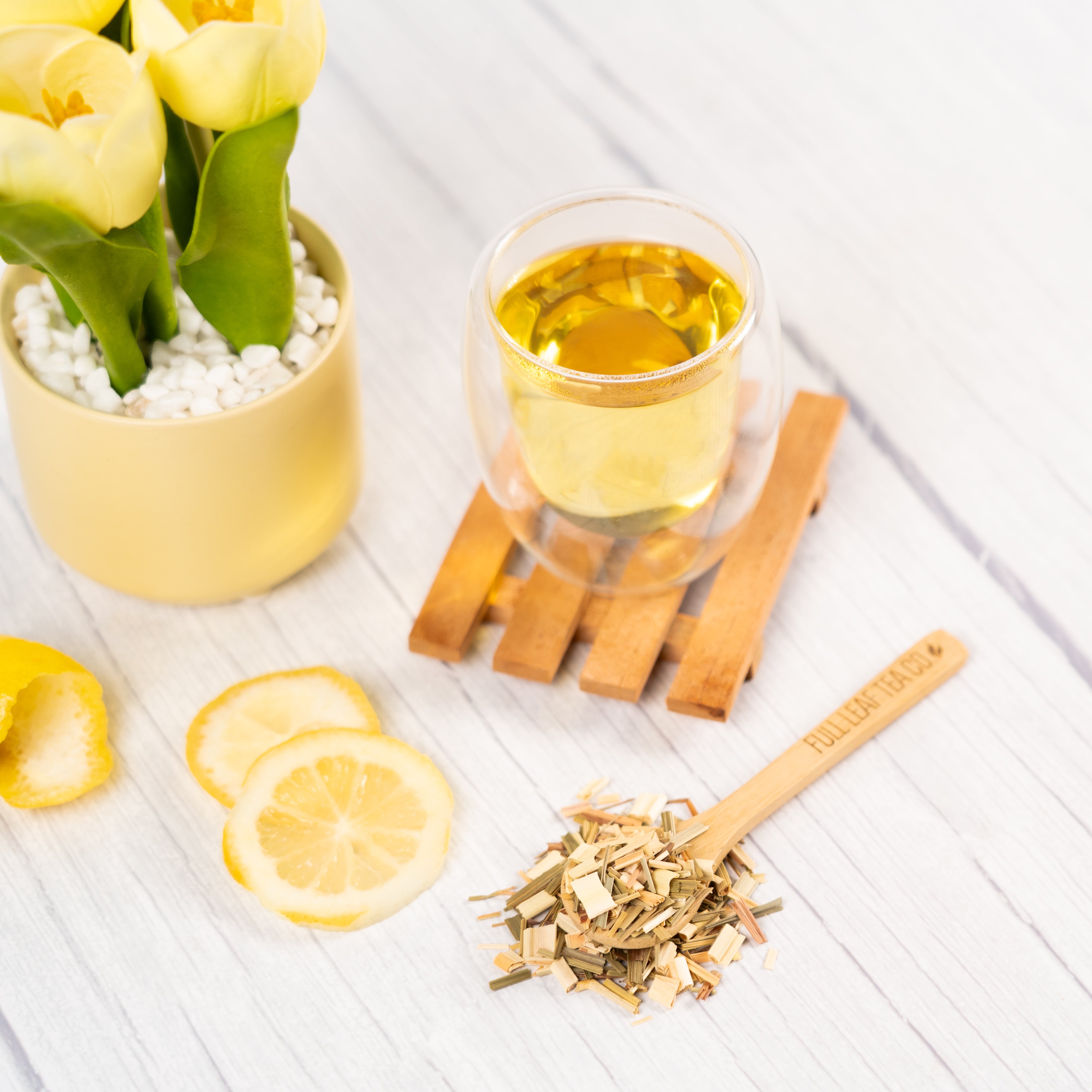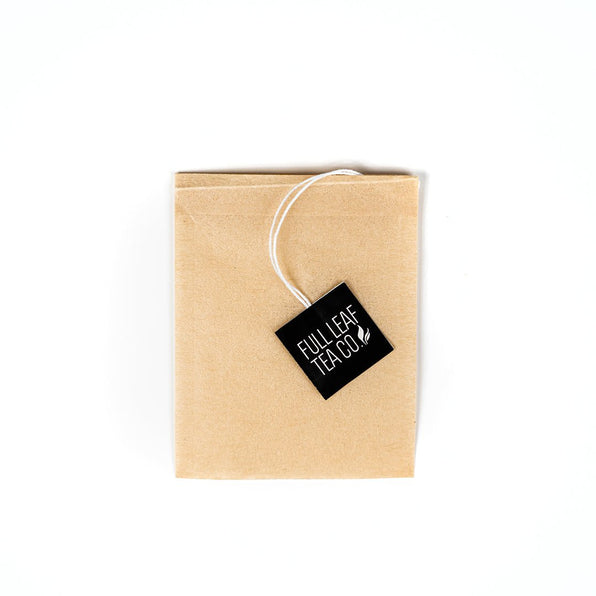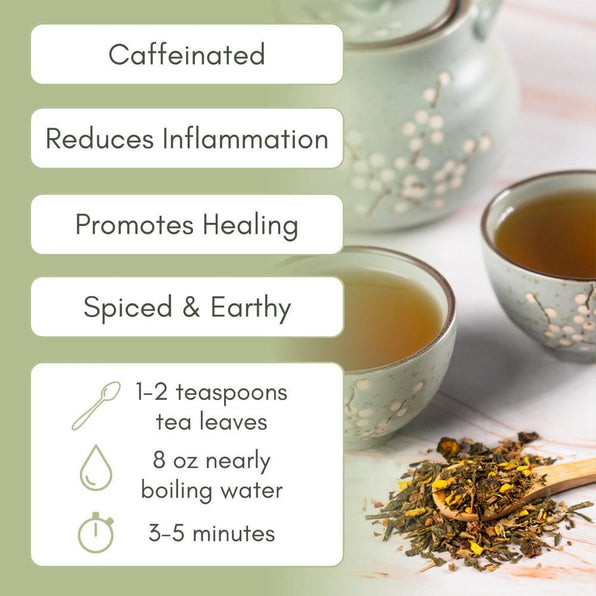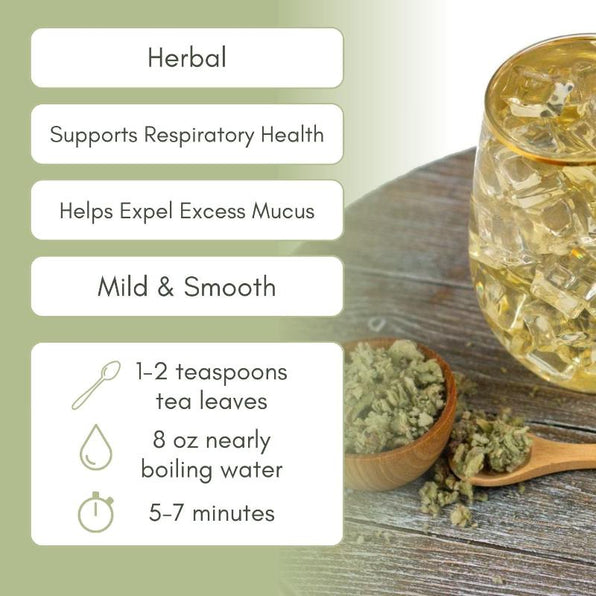What is Lemongrass?
Lemongrass, scientifically known as Cymbopogon citratus, is a tropical herb that is widely cultivated for its aromatic and medicinal properties. Recognizable by its tall, slender stalks and fresh, lemony scent, this perennial plant is native to the tropical regions of Asia, but has now spread across the world due to its popularity in cuisine and natural medicine. Lemongrass is a staple in many Southeast Asian dishes, imparting a fresh, citrusy flavor that is both distinct and subtly complex. Beyond its culinary uses, lemongrass is cherished for its essential oils, which are extracted and utilized in various aromatherapy and skincare products. This herb's ability to thrive in warm climates and its low maintenance make it a favorite among gardeners and chefs alike.
Lemongrass is not only praised for its flavor but also for its versatility in various applications, including as a natural pest repellent and a decorative plant in gardens. Its leaves and the oils derived from them have been integrated into numerous traditional remedies, reflecting a rich cultural significance in places like India, Thailand, and the Philippines.

